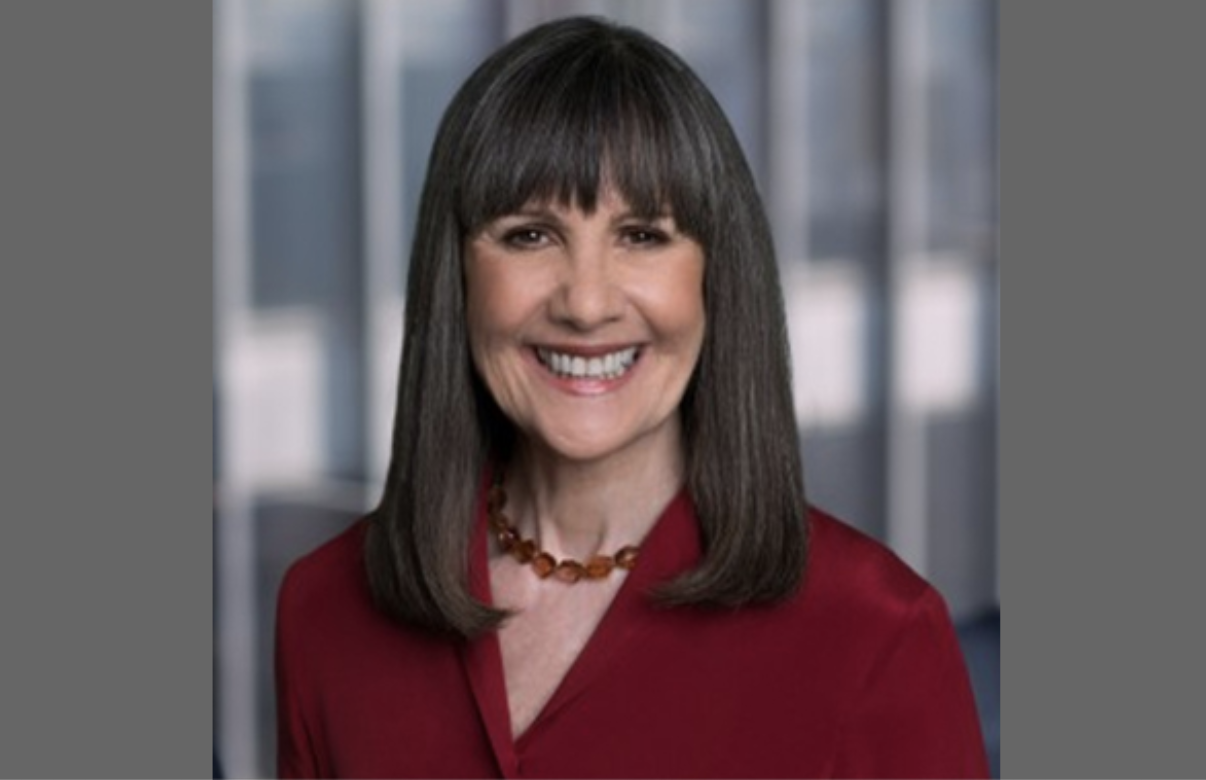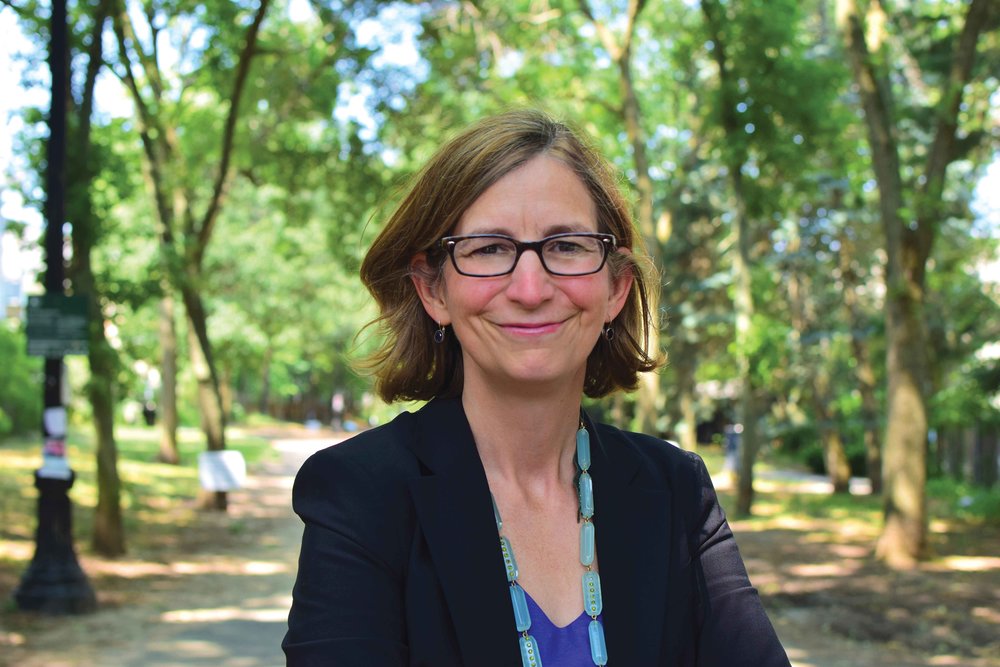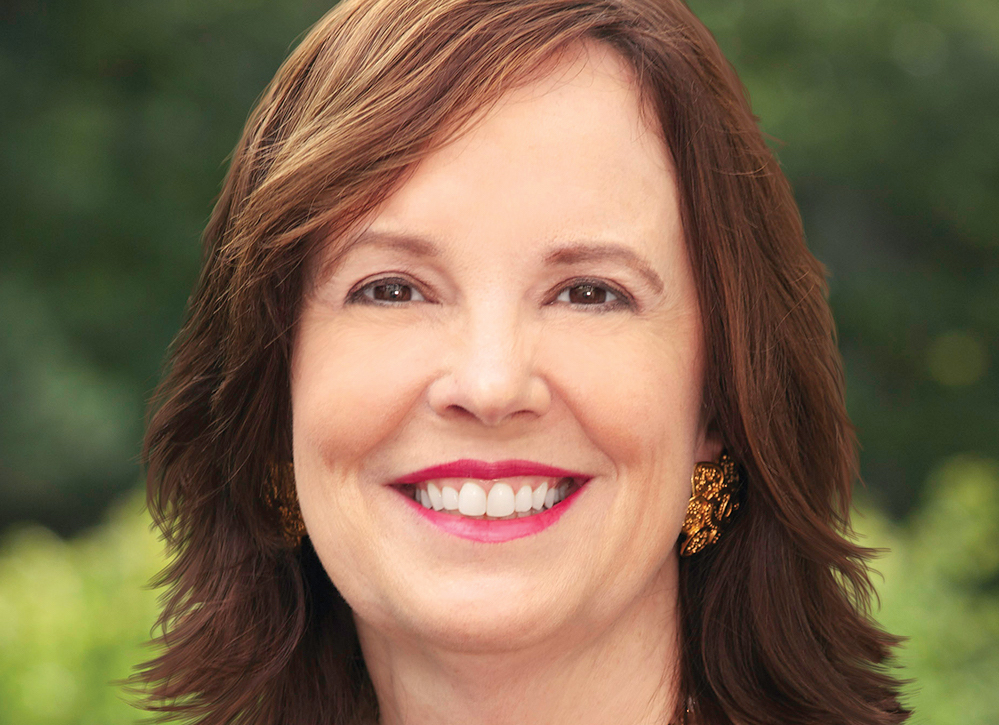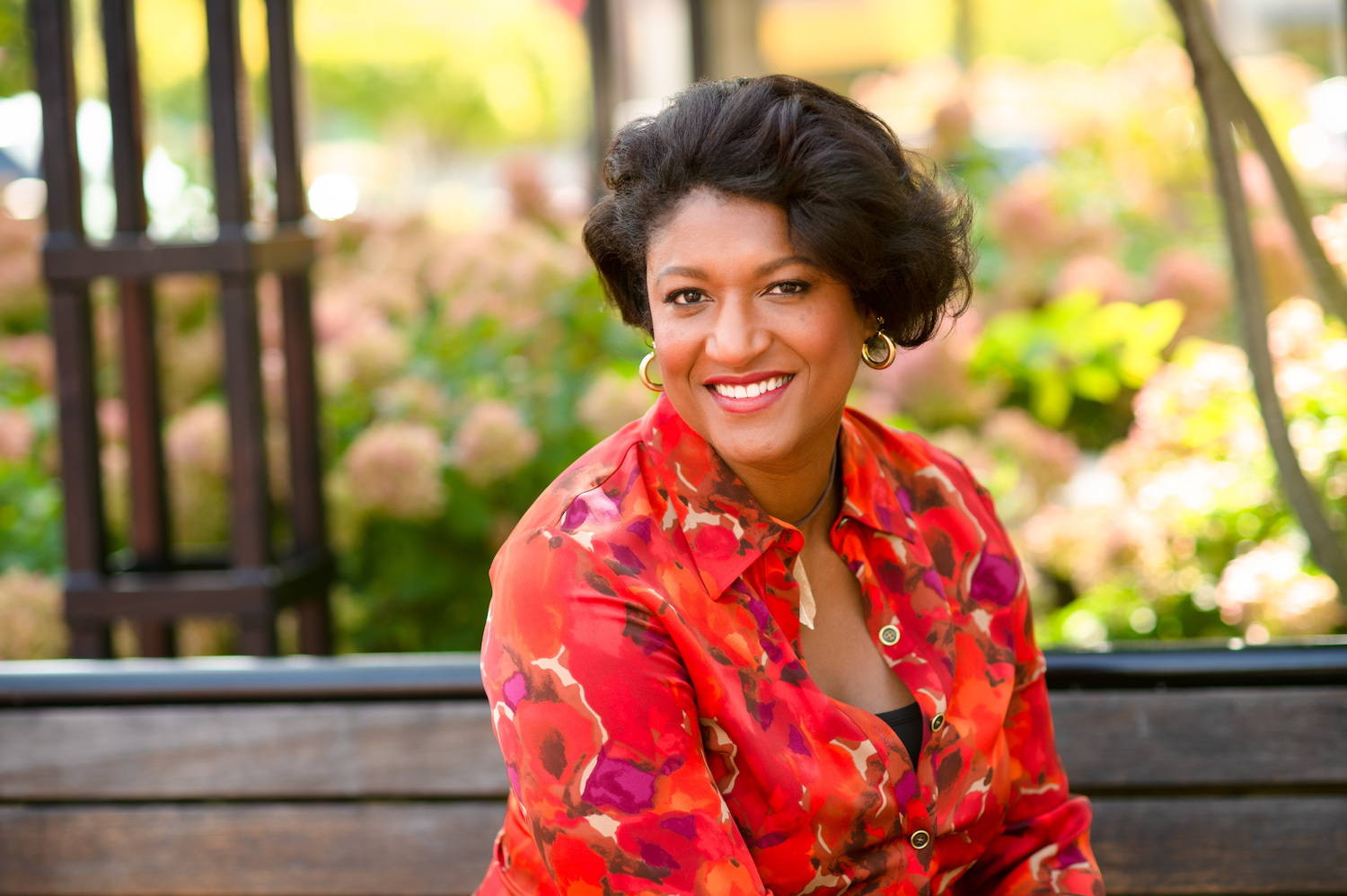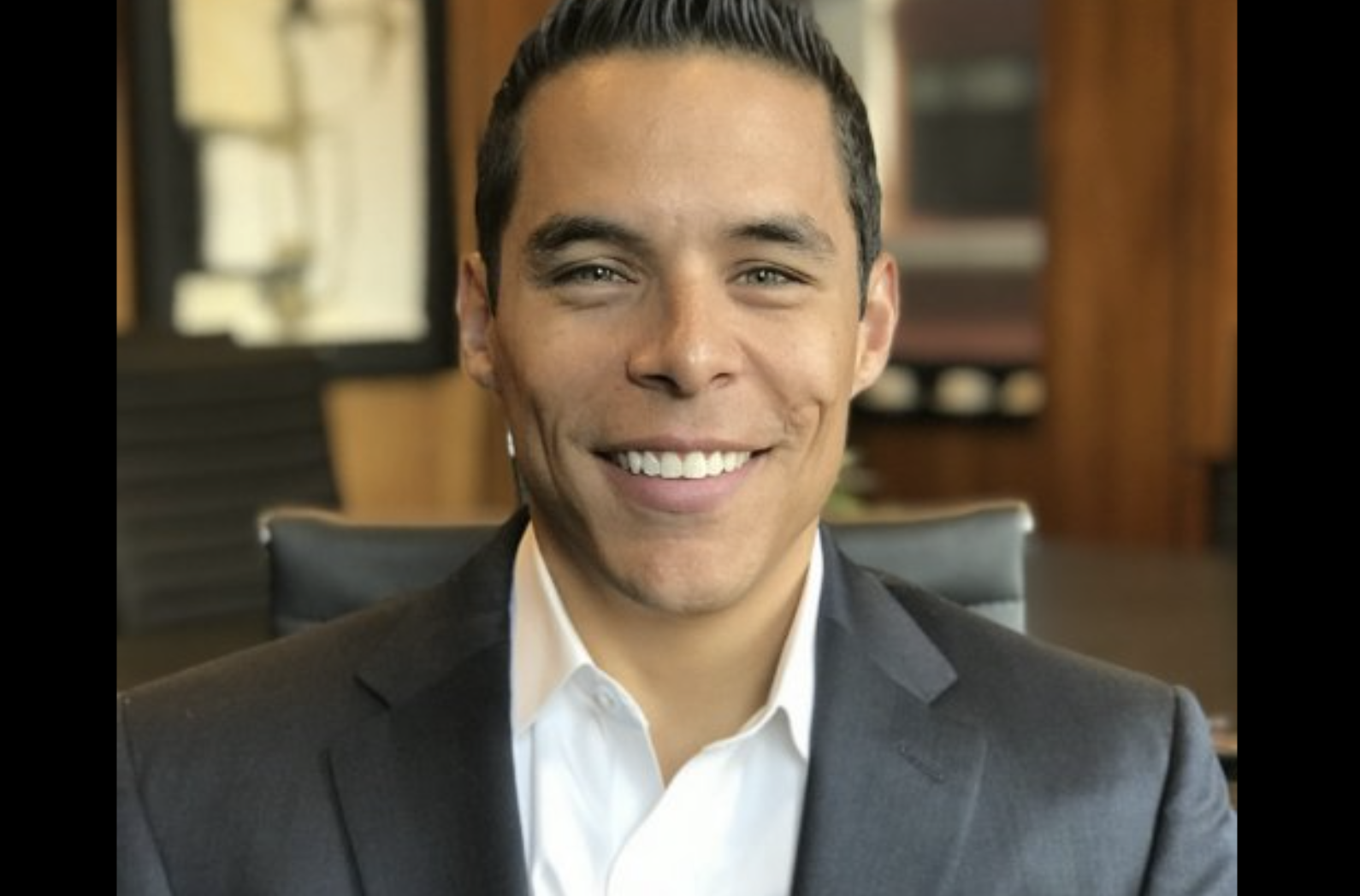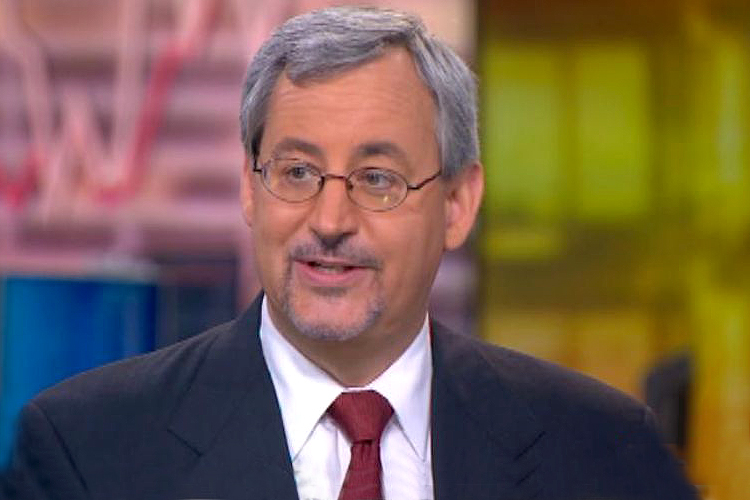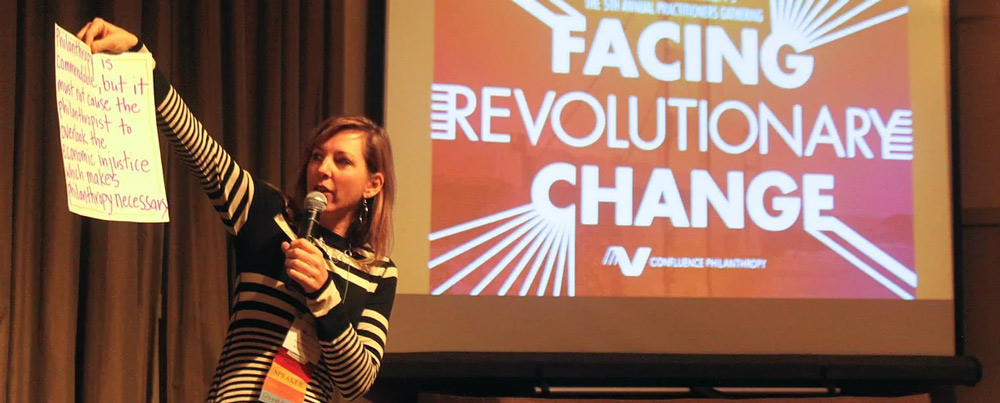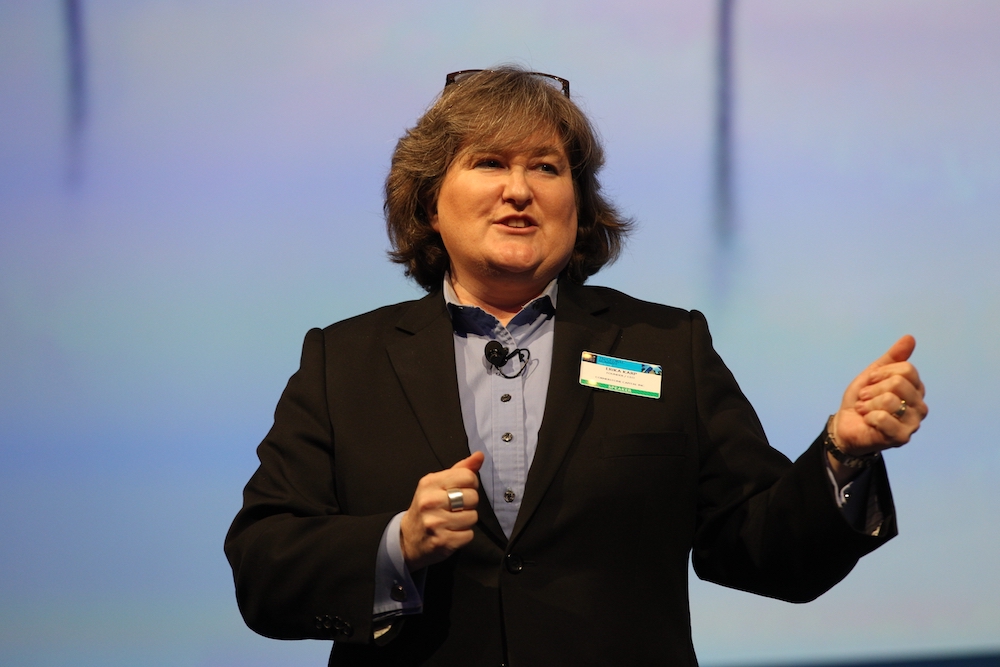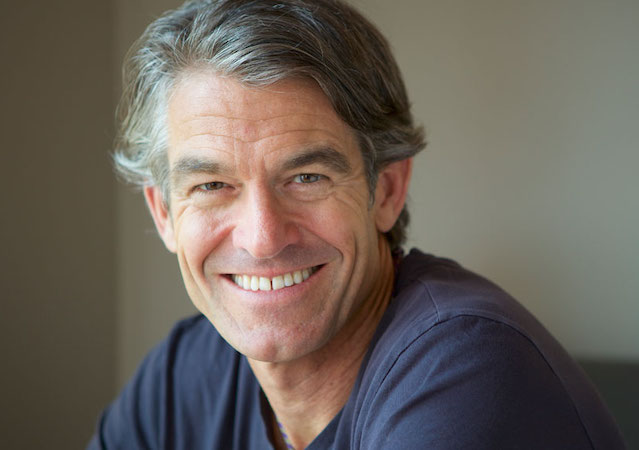I grew up the daughter of an Air Force officer and a homemaker.
We did not have a lot of money, but as a military family our housing and healthcare and other essential needs were all taken care of. When my parents divorced, my mother supported us by cleaning houses. She put all she received in the settlement towards buying a house.
I would remember that years later as I began to build my own wealth and made personal home ownership my first financial goal.
I never made much money in my early career in nonprofits, but I was devoted to my work, focused on being in solidarity with the people of El Salvador struggling for human rights in the midst of the civil war.
It was shocking to see how different life was there. An oligarchy of fourteen families controlled the country’s wealth. A significant portion of the population were migrant workers moving around the country to make a subsistence living on large fincas owned by the oligarchy. They had little or no access to healthcare and no opportunity for education or any kind of advancement. The urban working class struggled for fair wages. Popular movements demanding human rights grew, as did the violence against them.
The poverty I saw during my first trip there shook me so deeply that I couldn’t talk about my experiences for weeks. Seeing what inequality and extreme wealth disparities do to a society tested and changed me. I saw wealth moving out of El Salvador and into developed countries. The wealthy grew wealthier while the poor worked seven days a week and were still starving.
This led me to realize that wealth is about more than money, it is about opportunity, wellness and agency.
I determined to begin using my skills to earn and save more money and to use my knowledge and wealth to create opportunities for others. I took a job with a brokerage firm that was funding a company to support the development of organic agriculture through small- and medium-sized farmers all through Central America and Mexico.
I never expected to go into the capital markets, but I saw the promise of socially responsible investing and worked hard to increase my expertise.
Some of the first impact investments we did were in the early 1990s. We were funding different community loan funds, affordable housing, and some of the early opportunities that were creating sustainable products or sustainable agriculture.
That work affirmed my belief that we cannot create widescale peace and prosperity if we continue to have the flow of money controlled by a small, homogenous group of people (in terms of class or race or gender). Especially if decisions about where that flow of money goes are not at all influenced by the people who will be the most impacted by the end results.
As my career advanced, I finally made enough money to buy a home of my own. Once that milestone was achieved, I was able to begin saving and investing my money in diversified socially responsible funds.
Owning my home also helped give me the confidence to help found and invest in Veris Wealth Partners. I put a significant amount of my wealth into the founding of the firm. As the firm grew, I continued to build my own wealth and sought new ways to invest to maximize the positive impact I could create in the world.
Socially responsible funds
I’ve always worked to push the edge in order to move the mainstream in its wake. Socially responsible funds with broad ESG screens have evolved, during my career, to include fossil fuel free, climate change solutions, and gender lens funds, with racial justice funds just around the corner.
Over the years my investments in my 401k and my IRAs have evolved from SRI funds to ESG mutual funds with sustainable solutions. Wherever I worked, I was able to introduce ESG mutual funds into the 401k investment options.
When Veris developed a consulting relationship with Envestnet asset management, I realized that I could help push the democratization of impact investing by putting money towards the development of new products. We were helping Envestnet create investment products that would be available to hundreds of thousands of advisors who would then provide their clients with the opportunity to access impact investing and invest using ESG criteria.
Veris had our own strategy of mutual funds with Envestnet and that is where I put my assets to support the growth of a platform of strategies with ESG mutual funds that other advisors could offer to their clients.
I’m at a stage in my life now where my own financial planning has shifted to ensure I have the assets I need to support myself for the rest of my life and to provide for future generations of my family. Though my priorities have shifted over time, my values have not. My drive to invest in the future I want to see has only become more urgent.
As I’m looking at where and how to use my personal money to create social change I am transitioning away from fund strategies to support product growth in the industry to supporting funds and managers that are fossil-fuel free, solutions focused, and integrate diversity, equity and inclusion values, such as Trillium Sustainable Investment Opportunities and Pax World Global Environmental Markets Fund. I invest in these public market funds through my trust and retirement accounts.
Deeper impact
As for private investments, through my trust I am investing in CDFIs and loan funds including RSF Social Finance, Community Visions and Oweesta. My most significant private investment to date is in Veris Wealth Partners. When I am in a position to dedicate more assets to private investments, Illumen Capital will be at the top of my list.
Sustainable and responsible investing, ESG investing, and impact investing have been evolving since the 1970s and 1980s, but the movement is really taking hold now. We have been going against the traditional constraints of capital markets. I see the faults in the current capitalist structure and believe we are working to make necessary changes.
We’re at a point now where it needs to happen much faster. We have achieved many impressive milestones, but have not yet definitively solved any major challenges. We’ve built the toolbox and we’ve built the constituency. More and more people know how to use these tools. We have to start being more innovative and creative.
We must ask ourselves, how can we change capitalism so that it’s not extractive and destructive and unsustainable? How can wealth support just, equitable and regenerative systems? How can we rectify previous inequities?
In the words of economist Kate Raworth, “a regenerative society meeting the needs of all people within the means of the planet.”
Inequality—when wealth flows overwhelmingly to a small number of people in a society and away from people struggling to survive on low or no incomes—is not sustainable on any level. Over time I have come to see that even if you disregard the human impact and look at it purely from an economic and financial point of view, extreme inequality presents enormous risks.
That is not a viable, sustainable approach for any society or company. We must look at all of the stakeholders who are providing resources. We must ask how those providers are being compensated for those resources. If it’s not fair and it doesn’t create an opportunity for people to continue to thrive at all levels of society, it eventually becomes unstable.
Capital flows like water—it can be sustaining or destructive. Droughts and floods are both catastrophic. The decision makers who determine where and how capital flows are determining whether the impact of that capital will be life-giving or devastating. Having a diverse decision-making body that listens to all communities that will be impacted by the flow of that capital is crucial to preventing disasters. Effort must be paid to ensure that capital flows in the healthiest way possible, identifying any potential risks, and taking efforts to prevent extreme events.
These are the tenets that guide my investment decisions. My investment and role in Veris allows me to direct families and foundations capital to many more sustainable, regenerative investments and investments led by women, people of color and minorities. I have always used my personal investments to support the democratization of impactful investing.
Even as the tactics and goals of my personal investing strategy have evolved over the years, at the very core I want for everyone what I have always wanted since childhood—to live in a world in which we all have equal access to housing and healthcare and education and opportunity, regenerative use of the earth’s resources, and the peace that comes from grounded economic security.
As I’ve seen in my own life, that security can empower us to courageously pursue greater personal satisfaction and opportunity. Imagine what that world could be.
Patricia Farrar-Rivas is partner group chair, founding partner, and a senior wealth manager at Veris Wealth Partners of Veris Wealth Partners. Thanks to Confluence Philanthropy, where this post was originally published.

